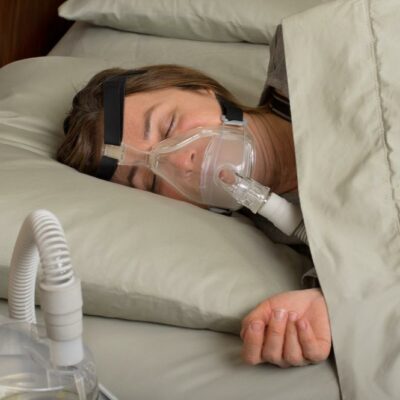
General Health
Causes and Treatments for Acid Reflux
Acid reflux is made up of an uncomfortable combination of heartburn and acid indigestion (or pyrosis). It causes acidic stomach contents to regurgitate back up into the esophagus, resulting in burning pain in the heart area, often following meals or during sleep. Also commonly referred to as gastroesophageal reflux disease, or GERD, is a digestive disorder that affects the function of the lower esophageal sphincter (or LES), which is the ring of muscle between the esophagus and stomach that controls the downflow of food. In most individuals, the LES opens allowing food to pass into the stomach, shutting immediately and preventing regurgitation. However, in those with GERD, food and acidic stomach juices flow back up into the esophagus due to a relaxed or too weak LES. While many populations suffer from GERD, the condition often strikes overweight or obese individuals, pregnant women, and older individuals with hiatal hernia. Treatment for acid reflux may include the following: 1. Dietary changes Doctors may recommend avoiding foods and beverages that are known to weaken the LES and cause regurgitation of food and stomach acids, such as fatty foods, citrus, tomatoes, spicy foods, alcohol, and chocolate. 2. Quitting smoking Smoking cigarettes or pipe tobacco is linked to LES deterioration, which means quitting smoking is imperative for reducing acid reflux symptoms.
Read More 













